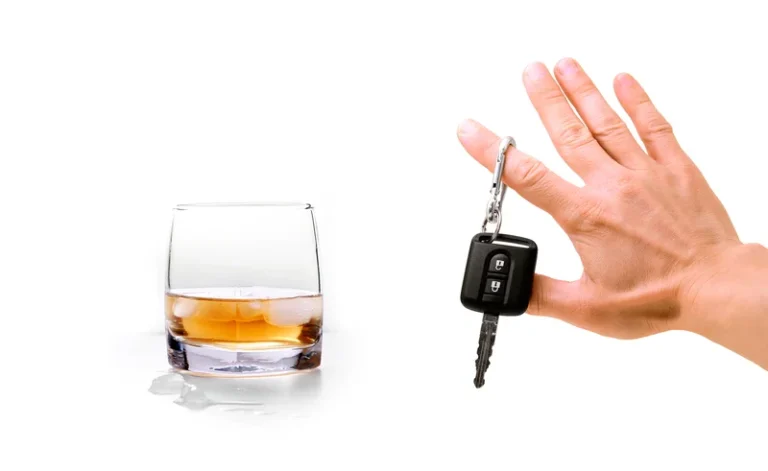
But when you ingest too much alcohol for your liver to process in a timely manner, a buildup of toxic substances begins to take a toll on your liver. Dr. Sengupta shares some of the not-so-obvious effects that alcohol has on your body. When experts talk about one drink, they are talking about one 12-ounce bottle of beer, one glass of wine (5 ounces), or one shot (1.5 ounces) of “hard liquor.”
- Alcohol can not only directly damage the kidney, but also causes renal dysfunction by damaging other organs.
- They are at work all day long removing waste, stimulating red blood cell production and keeping the body’s balance of salts, acids and bases in check.
- Fatty liver disease can also develop after binge drinking, which is defined as drinking four to five drinks in two hours or less.
- While treating ALD it is important not only to abstain from alcohol but also become conscious of other factors that could affect the liver.
Effect of alcohol consumption on kidney function: population-based cohort study

If you stop drinking alcohol for some time (months or years), your liver should return to normal. This is called alcoholic fatty liver disease, and is the first stage of ARLD. When cirrhosis progresses to end-stage liver disease, a liver transplant may be needed.
- However, we should be aware that alcohol also can contain harmful substances.
- This finding suggests that rhabdomyolysis and myoglobin toxicity may trigger oxidative stress in the kidney via mitochondrial injury.
- By promoting liver disease, chronic drinking has further detrimental effects on the kidneys, including impaired sodium and fluid handling and even acute kidney failure.
- Continued liver damage due to alcohol consumption can lead to the formation of scar tissue, which begins to replace healthy liver tissue.
- You may need an alcohol rehabilitation program or counseling to break free from alcohol.
Drinking patterns and associated effects
Moreover, alcohol-attributable deaths have increased worldwide, making alcohol the fifth leading risk factor for premature death and disability in 2010 and the first among people ages 15 to 49 (World Health Organization 2014). With continued alcohol use, steatotic liver disease can lead to liver fibrosis. Eventually, you can develop permanent and irreversible scarring in your liver, which is called cirrhosis. Kaartinen et al. found that an abnormal immunoreaction may be related to acetaldehyde, the first metabolite of ethanol, which can form covalent adducts with different proteins to activate the immune response[49].
Recovering From the Effects of Alcohol on the Liver
- The investigators noted increased plasma and extracellular fluid volume 1 week after chronic alcohol ingestion, and these volume expansions persisted for the remaining 7 weeks of the study.
- Acetate is then broken down to water and carbon dioxide, which are eliminated from the body.
- Most people will not experience symptoms in the early stages of ALD.
- Hypomagnesemia responds readily to magnesium supplementation treatment, however.
- Some studies found that ethanol has an influence on renal damage, such as apoptosis and epithelial mesenchymal transdifferentiation.
People with alcohol-induced CKD will require treatment for AUD as well as CKD. 3For a person weighing 150 pounds, this dose would be roughly equivalent to 17 drinks. Alcoholic hepatitis, which is unrelated to infectious hepatitis, is a potentially serious condition that can be caused by alcohol misuse over a longer period.

The longer you’ve abused alcohol, and the more alcohol you’ve consumed, the greater likelihood you will develop liver disease. Alcohol may cause swelling and inflammation in your liver, or something called hepatitis. Over time, this can lead to scarring and cirrhosis of the liver, which is the final phase of alcoholic liver disease. To determine if you have alcoholic liver disease your doctor will probably test your blood, take a biopsy of the liver, and do a liver function test. You should also have other tests to rule out other diseases that could be causing your symptoms.
As the National Institute of Diabetes and Digestive and Kidney Diseases (NIDDKD) explains, the kidneys contain tiny, finger-like structures called nephrons. These filter waste products from the blood and maintain the balance of water and minerals in the bloodstream. One of your liver’s jobs is to break down potentially toxic substances. When you drink, different enzymes in your liver work does alcohol affect your kidneys to break down alcohol so that it can be removed from your body. To keep the kidneys functioning optimally and to maintain functional stability (i.e., homeostasis) in the body, a variety of regulatory mechanisms exert their influence. Alcohol can perturb these controls, however, to a degree that varies with the amount of alcohol consumed and the particular mechanism’s sensitivity.
- Excessive alcohol consumption can cause fat to build up in your liver.
- When liver damage has happened due to alcohol, it’s called alcohol-related liver disease.
- It’s generally not reversible, but stopping drinking alcohol immediately can prevent further damage and significantly increase your life expectancy.
- Though rare, liver cancer can develop from the damage that occurs with cirrhosis.
- Someone with decompensated cirrhosis may develop ascites (or fluid in the abdomen), gastrointestinal bleeding, and hepatic encephalopathy, in which the brain is affected.
Kidney injury secondary to alcohol hepatitis, cirrhosis, and other conditions
What Stages Aren’t Reversible?

Alcohol and Liver Effects: What’s Reversible vs. Permanent?

